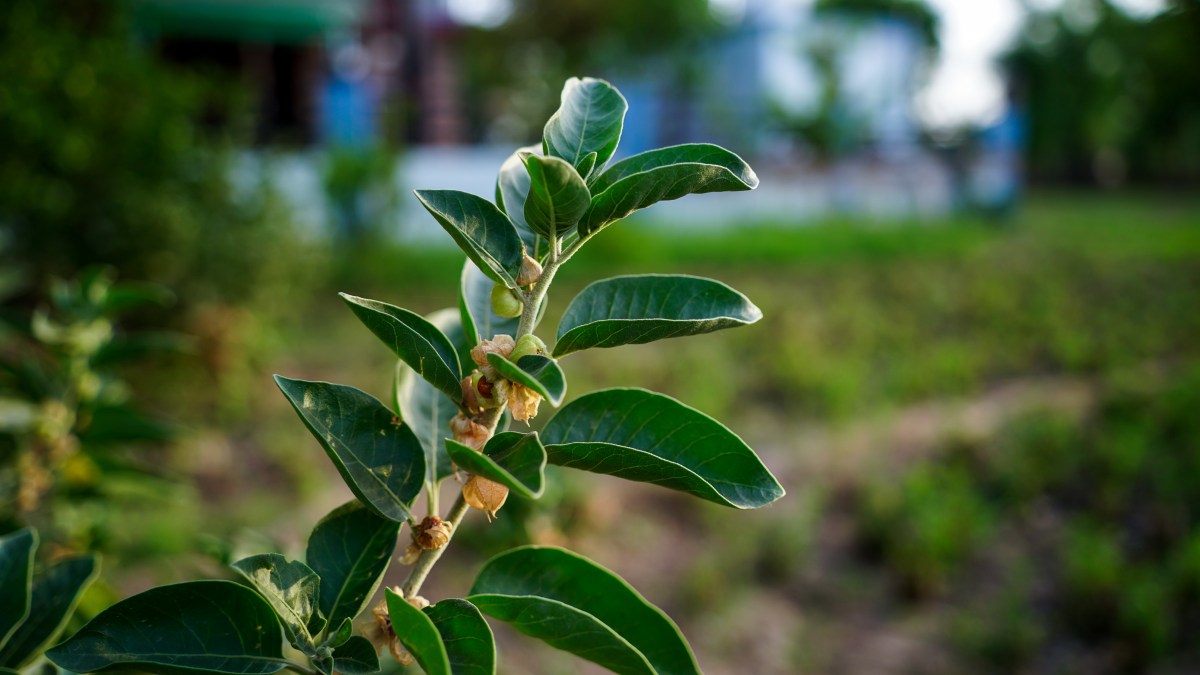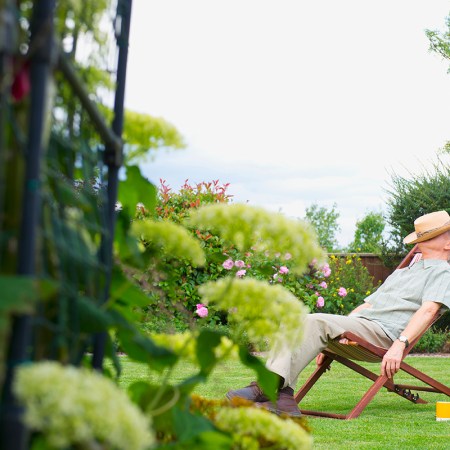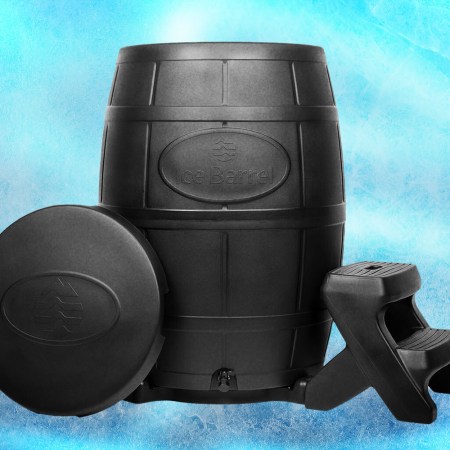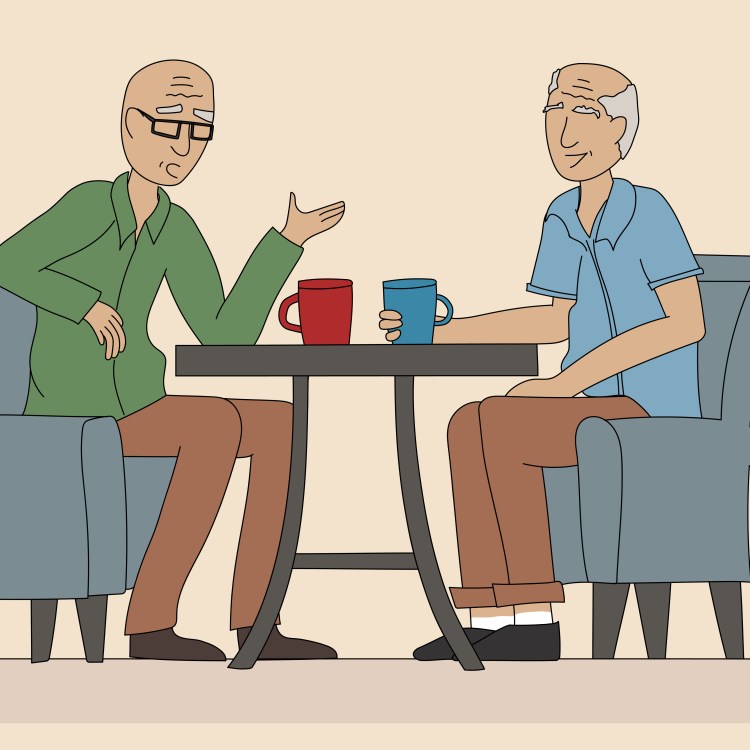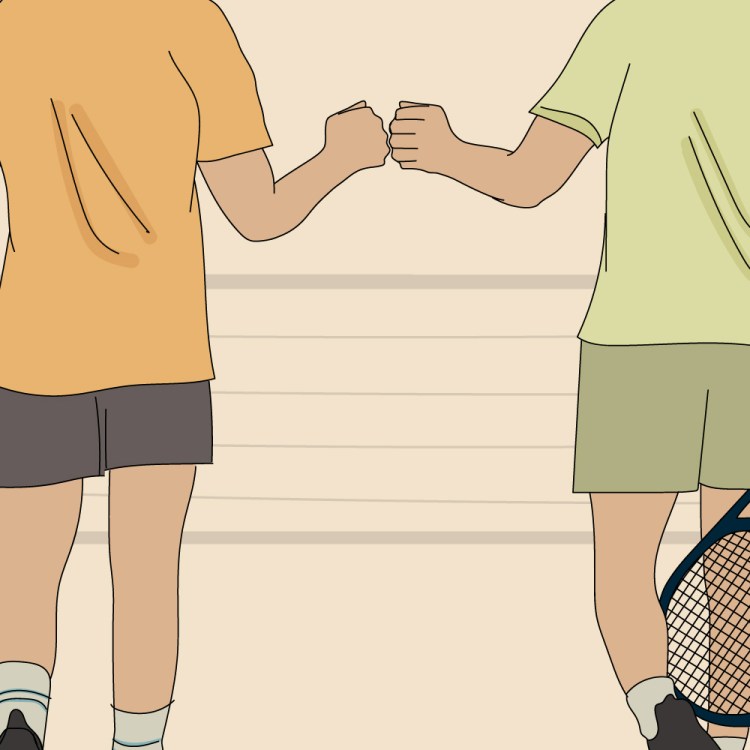At the height of World War II, the USSR became obsessed with a berry.
Soviet scientists were intrigued by “the stimulating and tonic effects of Schisandra chinensis,” more commonly known as the five-flavor berry, a vine plant endemic to the Russian Far East. The Nanai people — a group of hunter-gatherers some 10,000 strong — had sourced and consumed the berry for thousands of years. And half a century earlier, Russian topographers had cataloged their findings in Eurasia’s largely undeveloped basins, raving about the habitual use of medicinal plants.
The Nanai hunters, they reported back, ate the five-flavor berry “to reduce thirst, hunger and exhaustion, and to improve night vision.” Looking for any advantage possible in the two-front war against the Axis Powers, the USSR gave the berries to pilots and submarine crews. If the plant gave the Nanai a boost when hunting red deer and moose, they reasoned, it could give their soldiers more energy and focus when hunting enemy planes.
After the war, the Soviets doubled down on this sort of research and experimentation, carrying out over a thousand biomedicinal studies in the realm of Schisandra chinensis and the fruits, herbs and mushrooms similar to it — a family known as adaptogens, which are non-toxic in normal doses and lauded for their stress-relieving capabilities.
In the States, we’re familiar with vitamins, minerals and nootropics. But as the supplements industry continues to grow (from a market size of $163.9 billion today, to an estimated revenue forecast of $327.4 billion by 2030), adaptogens will play a massive role. The roots that were once the exclusive purview of the Far East (communities in India and China have also relied on various types of adaptogens for millennia) have now been capsulized for Brooklyn-based DTC labs, which regularly advertise on subways in soothing ’70s fonts.
Ashwagandha, an herb that’s long been associated with India’s alternative Ayurveda therapy, is perhaps the foremost darling of the adaptogen market. Google Trends data displays a steady increase in online interest (the search term “what is ashwagandha” has surged over the last five years), just as brands like Care/of, Moonjuice, Roman, Thorne and From Great Origins have begun to offer the plant in pill, root powder and tea bag variations.
The promises these companies make are manifold; buy a month’s worth of the supplement — or better yet, subscribe and save! — and you can expect life-changing results. Think: reduced fatigue, increased alertness, improved sexual wellness and bolstered cognitive function. (I lifted each one of those phrases from real branded copy.) But what’s the truth? Are adaptogens legit? And if you’re going to take the plunge, should you spend your cash on ashwagandha?
The scientific theory behind adaptogens is primarily concerned with the stress response. Basically, when we encounter a stressor (a workout class, a first date, a problem at work, etc.), the body goes through three distinct stages: alarm, resistance and exhaustion. The resistance phase is where the body pumps out a slew of helpful hormones that help the brain focus and the body meet the rigors of the moment. But that exhaustion phase has a nasty habit of creeping in earlier than we’d like, and especially as we age — it leads to poor focus and underperformance. You could call them “crashes.” And once stressors start to mount, the body compensates by releasing more cortisol, more often.
Cortisol-swamped, chronically-stressed, maladjusted people spend most hours of their days in fight-or-flight mode, battling through commutes, Zoom meetings, pick-up lines at their kids’ school, you name it. This is hell on the body, typically compounding weight gain and exacerbating insomnia.
Lifestyle changes and shifts in attitude/approach can turn the ship around. But so too, researchers say, can adaptogens. One study concluded: “Adaptogens exert an anti-fatigue effect that increases mental work capacity against a background of stress and fatigue, particularly in tolerance to mental exhaustion and enhanced attention.” And a traumatologist says: “Like a mini vaccine, some adaptogens appear to inoculate us to stress and help us cope.”
Translation: a regimen involving the right adaptogens (like Arctic root, Siberian ginseng and our old friend Schisandra) could help you ward off that unsavory “exhaustion” phase, while stabilizing the hormone stress response in the body. In moments of acute stress, they’ll help the body self-regulate; over time, the thinking goes, this would positively impact your focus, decision-making and happiness. Self-help gurus like to wax poetically that the only thing you can truly control in a situation is your response. Well: that response could be more sound with an adaptogenic advantage.
But while the medical community doesn’t deny the existence of adaptogens, it’s nowhere close to anointing them an anxiety cure-all. Ashwagandha, in particular, has a checkered record. For one, it’s closely linked to Ayurveda, which is pseudoscientific. Period.
There also just haven’t been enough double-blind placebo studies to confirm the dozen-plus claims supplement manufacturers blithely slap onto Instagram ads. The National Library of Medicine allows that ashwagandha is “possibly effective” at improving sleep quality and reducing stress in “some people.” That’s it. But will it improve your running, lovemaking or memory recall? There’s no unanimous consent there; and it’s unlikely to arrive, considering adaptogens are not regulated by the FDA.
Obviously, this puts consumers in a tricky spot. Almost every study that’s linked ashwagandha to some impressive health feat (enhancing VO2 max, vanquishing depression, boosting testosterone), involves participants taking somewhere between 250 and 1,000mg of the herb each day (a standard capsule is usually in the 500mg-range) for two or three months. If you want to test the root out for yourself, you have to buy at least sixty days’-worth, and even then, depending on your lifestyle, there’s a good chance you register absolutely zero change in any relevant department. (Sort the review sections on some of these products by “lowest rated” and you’ll find page after page of verified buyers begging people not to waste their money.)
Still, there’s a chance that the botanical could prove short-term support, with long-term benefits. Some brands seem to almost admit that it’s a crapshoot whether it will work for you or not, offering a “you might as well” pitch. One page reads: “It’s not commonly used in Western medicine, and larger scale studies are needed to prove clinical efficacy. Still, ashwaghanda’s appeal in this increasingly hectic world is clear.”
Yes, the world is hectic. Stressors are everywhere. Adapting is your best bet at retaining some semblance of equilibrium. Does adapting have to mean using adaptogens? Are you really as stressed as a hunter-gatherer stalking a moose, or a submarine captain closing in on a war ship? That’s up for you to decide. There are a number of “natural stress-relievers” already available to you, and remember, many of them for free.
But if you’re convinced you need the extra boost, can clear it with your doctor (if you’re pregnant, breastfeeding, diabetic or have thyroid issues, stay away) and don’t mind spending a few months as a guinea pig, then give it a try. Just don’t be surprised if you stumble upon the same knowledge the Soviets reached decades ago: there are no superpills.
Whether you’re looking to get into shape, or just get out of a funk, The Charge has got you covered. Sign up for our new wellness newsletter today.
